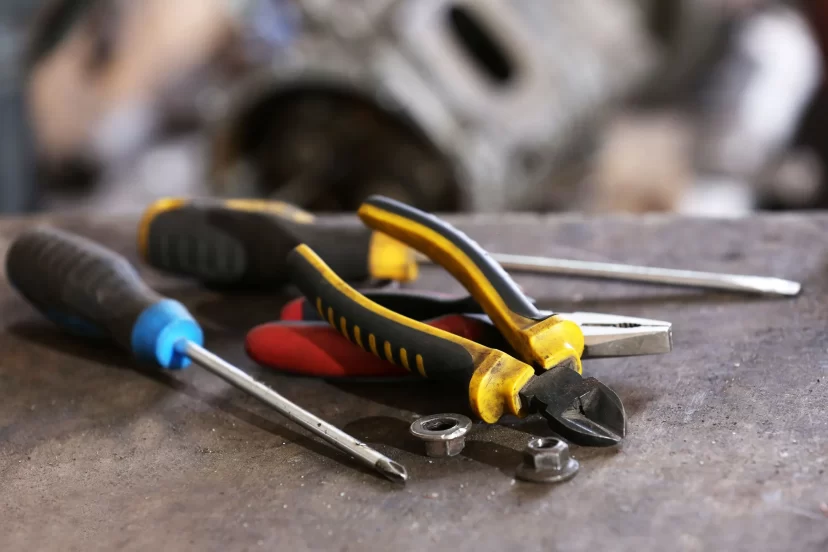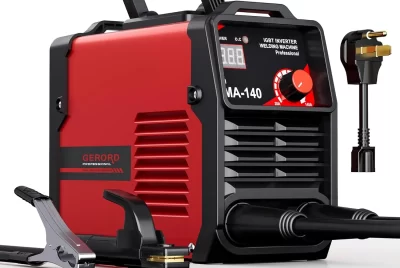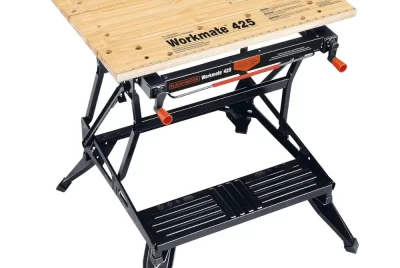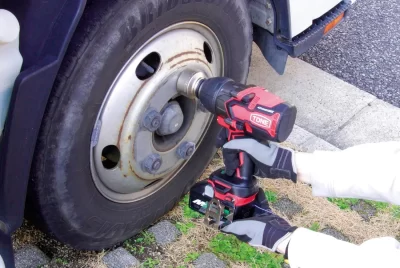Automotive Hand Tools: Must-Haves for DIY Repairs
As an avid DIY enthusiast and someone who loves tinkering around in the garage, I understand the importance of having the right tools for automotive repairs. Whether you’re a seasoned DIYer or just starting out, having a well-equipped toolbox is essential for tackling various car maintenance and repair tasks. In this article, I’ll share my top recommendations for must-have automotive hand tools that will make your DIY repairs a breeze.
1. Socket Set: Your Versatile Companion
A quality socket set is the backbone of any automotive toolkit. From loosening nuts and bolts to removing spark plugs, a socket set provides the versatility and convenience you need. Look for a set that includes both metric and standard sizes, along with various extensions and a ratchet handle. This will ensure you’re prepared for a wide range of tasks on different car models.
2. Screwdriver Set: For Precision and Versatility
A comprehensive screwdriver set is another essential tool for DIY repairs. Invest in a set that includes both flathead and Phillips head screwdrivers in different sizes. These versatile tools will come in handy for removing interior panels, replacing batteries, and adjusting various components. A magnetic tip can also be useful for avoiding frustrating situations where screws fall into tight spaces.
3. Pliers: Your Helping Hands
Pliers are indispensable when it comes to gripping, bending, and cutting. A good set of pliers should include long-nose pliers, slip-joint pliers, and diagonal cutters. With long-nose pliers, you can easily reach into tight spaces, while slip-joint pliers provide adjustable gripping power. Diagonal cutters are ideal for cutting wires and cables. These tools will be your go-to helpers for electrical repairs, hose clamps, and more.
4. Wrenches: Get a Grip
Having a set of wrenches is essential for tightening and loosening various nuts and bolts. Look for a combination wrench set that includes both open-end and box-end wrenches. This will give you the flexibility to work with different fasteners and provide a solid grip. Make sure to get a set that covers a wide range of sizes to accommodate different vehicle components.
5. Torque Wrench: Precision Matters
When it comes to critical automotive repairs, precision matters. A torque wrench allows you to tighten fasteners to the manufacturer’s specified torque settings, preventing over-tightening or under-tightening. This tool is particularly important when working on engine components, such as cylinder heads or connecting rods. Invest in a quality torque wrench and follow the manufacturer’s recommendations for accurate and safe repairs.
6. Jack and Jack Stands: Lifting Safely
Performing repairs underneath your vehicle requires a safe and stable lifting solution. A hydraulic floor jack and a set of jack stands are must-haves for any DIYer. The floor jack will lift your vehicle, while the jack stands to provide the necessary support to keep it securely in place. Always follow proper lifting procedures and make safety your top priority when working under a vehicle.
7. Multimeter: Electrical Troubleshooting
Electrical issues can be a real headache, but a multimeter can help you troubleshoot and diagnose problems with ease. This versatile tool allows you to measure voltage, resistance, and continuity. With a multimeter, you can test fuses, check battery voltage, and identify wiring faults. Invest in a quality digital multimeter that provides accurate readings and is user-friendly.
8. Pry Bar: A Little Extra Leverage
For those stubborn parts that refuse to budge, a pry bar can be a lifesaver. Whether you need to remove a stubborn brake rotor or separate two tightly fitted components, a pry bar provides the extra leverage you need. Look for a pry bar with a comfortable grip and sturdy construction to handle the toughest tasks.
9. Oil Filter Wrench: Tackle Oil Changes with Ease
Performing regular oil changes is an essential part of vehicle maintenance, and an oil filter wrench makes the process much easier. This specialized tool allows you to remove the oil filter quickly and efficiently. Opt for an adjustable oil filter wrench that can accommodate different filter sizes, ensuring you can tackle any vehicle that comes your way.
10. Brake Caliper Tool: Brake Maintenance Made Simple
Working on your vehicle’s brakes requires specific tools, and a brake caliper tool is one of them. This tool allows you to compress the brake caliper piston, making it easier to replace brake pads or work on the braking system. Look for a brake caliper tool that is compatible with your vehicle’s brake system and provides a firm grip.
Conclusion
With these essential automotive hand tools in your arsenal, you’ll be well-prepared to tackle a wide range of DIY repairs and maintenance tasks. Investing in quality tools not only makes your work easier but also ensures the safety and longevity of your vehicle. Remember to always follow proper safety procedures and consult your vehicle’s manual or seek professional advice when necessary.
FAQs (Frequently Asked Questions)
1. Do I need to buy expensive tools for DIY automotive repairs?
Not necessarily. While quality tools do offer better durability and performance, there are affordable options available that can still get the job done effectively.
2. Can I use power tools instead of hand tools for automotive repairs?
Power tools can certainly speed up some tasks, but they may not always be suitable or necessary for every repair. Hand tools offer better control and precision in many situations.
3. How often should I inspect and maintain my automotive hand tools?
Regularly inspect your tools for any signs of wear, damage, or rust. Keep them clean and lubricated. Proper maintenance will prolong their lifespan and ensure their optimal performance.
4. Are there any safety precautions I should take when using automotive hand tools?
Absolutely. Always wear appropriate safety gear, such as gloves and safety glasses. Follow proper usage instructions and be cautious when working with sharp or heavy tools.
5. Can I use these tools for any type of vehicle repairs?
Yes, these tools are generally suitable for most automotive repairs. However, it’s essential to consider the specific requirements of your vehicle and consult the appropriate repair manuals or professionals when needed.
Remember, building your collection of automotive hand tools takes time, so start with the essentials and gradually expand your toolbox as you encounter new challenges in your DIY journey. Happy repairing!




